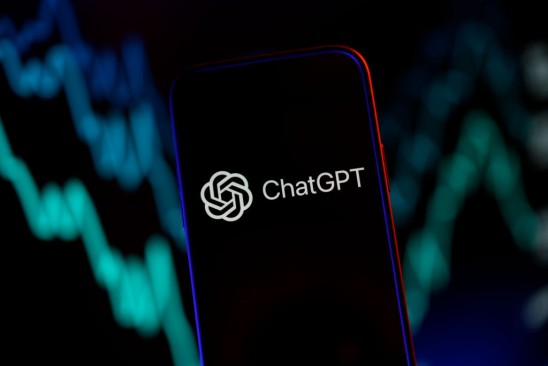
by Diane Herbst — today show — For three years, her young son suffered from increasing pain and other symptoms – with no answers from 17 doctors. “We saw so many doctors. We ended up in the ER at one point. I kept pushing,” the boy’s mom, Courtney, who did not wish to reveal her last name for privacy concerns, told Today. Earlier in the year, this frustrated mom turned to ChatGPT to input information from her son Alex’s medical records, including notes from his MRI. “I really spent the night on the (computer) … going through all these things,” she told Today. Courtney finally discovered a correct diagnosis from the artificial intelligence technology. When ChatGPT suggested that Alex, whose medical odyssey started at the age of 4, could be suffering from tethered cord syndrome, a rare neurological condition associated with spina bifida, “it made a lot of sense,” she told Today.
Her hunch was confirmed by a pediatric neurosurgeon: After viewing Alex’s MRI, “she said point blank, ‘Here’s occula spinal bifida, and here’s where the spine is tethered,”’Courtney recalled to the outlet. With the diagnosis, Courtney felt “every emotion in the book, relief, validated, excitement for his future,” she told Today. Tethered cord syndrome is caused by tissue attachments limiting the movement of the spinal cord within the spinal column, causing abnormal stretching of the cord, according to the American Association of Neurological Surgeons. Dr. Holly Gilmer, a pediatric neurosurgeon at the Michigan Head & Spine Institute who treated Alex, told the outlet that the condition is hard to diagnose in young children “because they can’t speak.” Several weeks ago, Alex underwent surgery to repair his tethered cord syndrome and is still recovering, according to Today.
Long Journey to a Cure
Alex’s pain began during the pandemic lockdown, when the then 4-year-old was jumping in the family’s bounce house. The family nanny had to give Alex a daily dose of Motrin, or else he would have “these gigantic meltdowns,” Courtney told the outlet. “If he had Motrin, he was totally fine.” This was followed by Alex starting to chew things and grind his teeth.
He stopped growing and developed imbalances between his right and left sides, migraine headaches, and severe exhaustion, Courtney shared with Today. Medical professionals including physicians, dentists and physical therapists were unable to provide sustained relief. Or a proper diagnosis. But ChatGPT and other artificial intelligence products are not a panacea, doctors warn.
In a statement to TODAY.com, Dr. Jesse M. Ehrenfeld, president of the American Medical Association, said that while ChatGPT and other artificial intelligence products “may ultimately be successfully utilized in direct patient care, OpenAI’s ChatGPT and other generative AI products currently have known issues and are not error free.” He cautioned that limitations in these AI products “create potential risks for physicians and patients and should be utilized with appropriate caution at this time.” “AI-generated fabrications, errors, or inaccuracies can harm patients, and physicians need to be acutely aware of these risks and added liability before they rely on unregulated machine-learning algorithms and tools,” he said in the statement. Meanwhile, Courtney told Today that she is sharing her story to empower other parents to advocate for their children and never give up. “There’s nobody that connects the dots for you,” she told Today.



